The Armenian opposition made up of supporters of Robert Kocharyan and Serzh Sargsyan, who have ruled the country for 20 years, has returned to the streets. They are demanding the resignation of Prime Minister Nikol Pashinyan. Protests, rallies, and sit-ins that have been going on for almost two weeks so far, have been ineffective, and the so-called “resistance” movement is sooner or later doomed to succumb to the fate of the “Salvation Movement of Armenia” that emerged last year, after the 44-day war.
This new attempt to overthrow the government began after Pashinyan’s statement of the need to lower the bar on the status of Artsakh (Nagorno Karabakh), which according to the opposition, means the recognition of Artsakh within Azerbaijan. However, the Artsakh President himself stated that there are no such discussions on the table, and that they are too in favor of the agenda of peace put forth by Pashinyan.
This time, the opposition leaders are trying to replicate the methods used by the 2018 movement led by Nikol Pashinyan. By marching from the various regions in the country to Yerevan, holding daily rallies, and closing roads, they believe they will be able to achieve the same outcome. The Velvet Revolution had a charismatic leader, a clear political agenda, and most importantly, had broad popular support. These three components are all lacking in the current movement.
In 2018, there was a truly popular mood to get rid of the ruling system, which for twenty years had deprived the people of their rights and freedoms to the benefit of the economic and political interests of a small elite. Corruption, monopolies, injustices, violations of human rights, political assassinations, and electoral fraud, all of which created fertile ground for the people to rise, and after several failed attempts at rebellion, finally achieved their goal by overthrowing the ruling regime. Hundreds of thousands of people took to the streets and squares of the capital Yerevan. Currently, the popular participation lacks numbers and enthusiasm, especially as the corrupt figures of the former regime are leading the protest marches, evoking bad memories of the past. Even those who do not sympathize with the current government are making clear that they can not support this movement, and are not ready to contribute to the attempts to change the government. This should give the opposition leaders a pose to reconsider their strategy. First of all, they must hand over the stage to new faces and present clear policy priorities to the people, not only on the issue of Artsakh but also a clear plan for their next steps regarding the future and security of the country.
So far, the authorities have been very cautious in their response regarding the developments, looking at them in terms of the constitutional rights and freedoms they came to power with the promise of protection. On the other hand, some actions being taken by the opposition, seek to create an atmosphere of anarchy and intolerance within the country. They often use the tools of democracy to undermine democracy itself. There is no other way to characterize them when threats are made against government officials and law enforcement, or insults are hurled at those who do not join their protests.
Extraordinary elections were held in June of last year and the citizens of Armenia had their say. Less than a year later, the opposition is trying to gain power by other means. The next parliamentary elections are scheduled after four years. Before that, the mayoral elections in Yerevan will take place next year, and it would be more wise and expedient for all parties to prepare for these elections, as the only way to bring about a change of government in Armenia today is through elections.
K. KHODANIAN
“MASSIS”

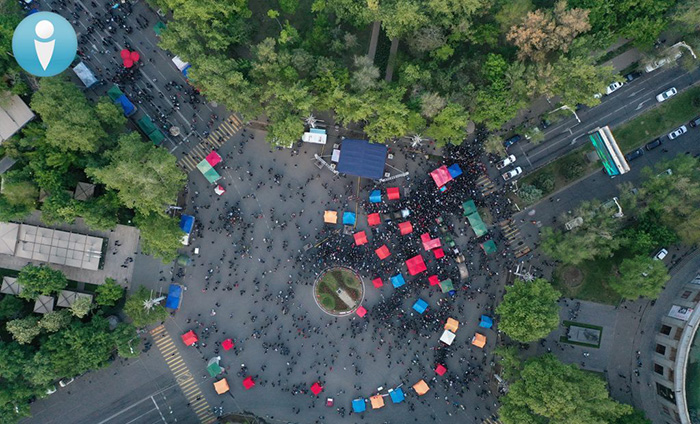
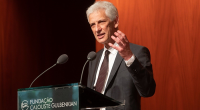
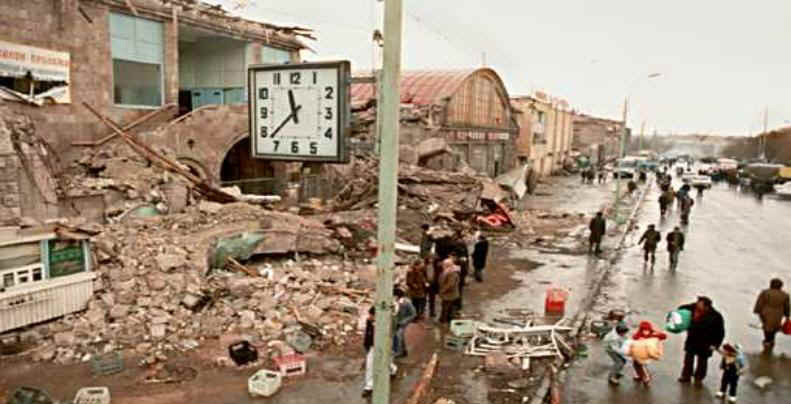

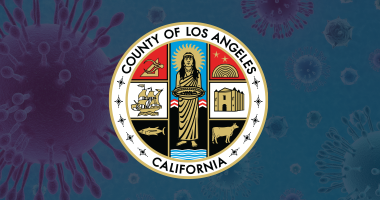
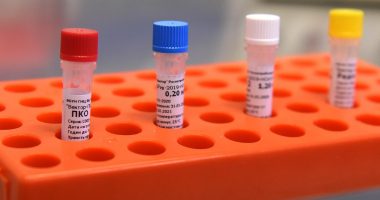




1 comment
ASSASSINS, Robert Kocharyan, Serje Sargsyan and MERCENARY HOOLIGAN STREET GANGS will never return GOVERNING THE REPUBLIC OF ARMENIA. Democratic rules are well established in ARMENIAN BY THE CITIZENS/PEOPLE OF ARMENIA AND VERY WELL SUPPORTED BY THE EUROPEAN UNION, THE UNITED STATES AND THE FREE DEMOCRATIC POWERS OF THE WORLD.